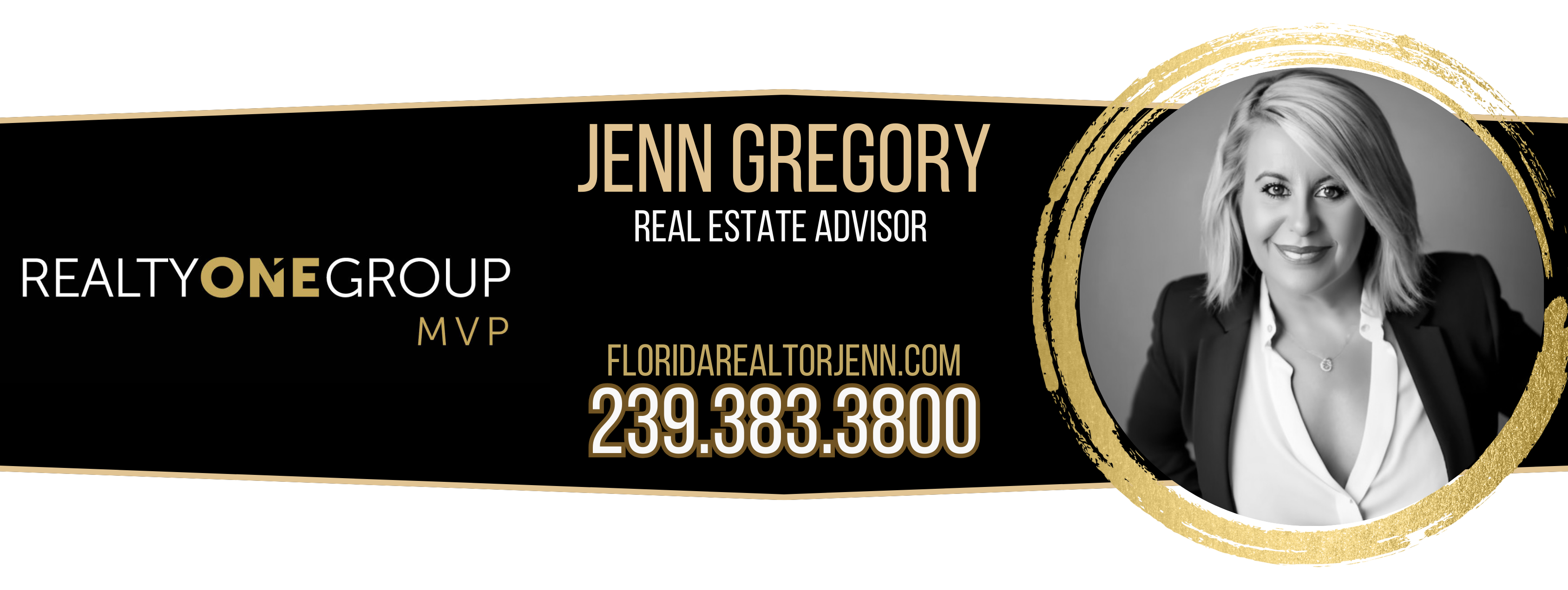When buying into a coop, there are a few things you should know:
1. Ownership structure: In a coop, you do not own the property itself, but rather a share in the corporation that owns the property. This means that you have the right to occupy a specific apartment, but not the land or building.
2. Board approval: The coop board must approve all buyers before they can purchase a unit. This process usually involves a background check and an interview.
3. Monthly maintenance fees: As a coop owner, you will be responsible for paying monthly maintenance fees, which cover the costs of running the building and maintaining the common areas.
4. Restrictions on use: Coops often have restrictions on how the units can be used, such as a prohibition on renting out the unit or a limit on the number of occupants.
5. Limited control over the building: As a coop owner, you will have limited control over the building and its policies. The coop board makes all major decisions regarding the building, such as budget and repairs.
6. Financing : It can be more difficult to obtain financing for a coop purchase than for a traditional home purchase, because many lenders view coops as less secure investments. Some lenders may also require a larger down payment or charge a higher interest rate.
7. Capital improvement : Coop building often require special assessments for major repairs or renovations. As a co-op owner, you will be responsible for paying your share of these assessments, so it's important to consider this before making a purchase.
8. Hire an attorney: It's always good to have an attorney to review the purchase contract, bylaws, and any other legal documents before making an offer on the coop.





No comments:
Post a Comment